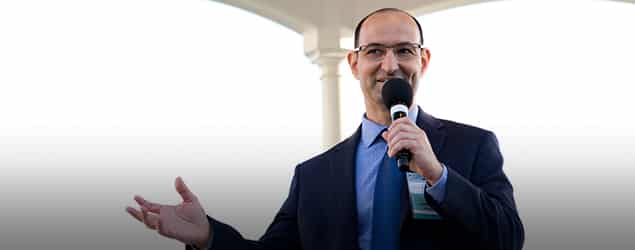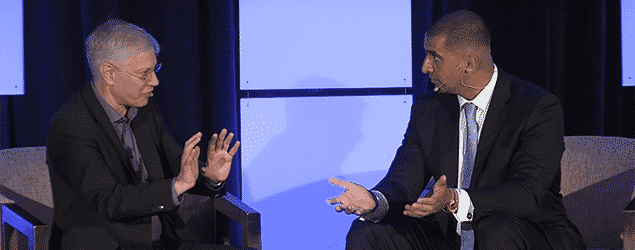My Eleven Years at ARI

As Onkar Ghate announced on Monday, I will be leaving ARI after eleven amazing years.
I discovered Ayn Rand when I was fifteen, and knew almost immediately that I wanted to spend my life studying her ideas and helping others grasp their meaning and life-and-death importance. Or, as it stood in my mind then: “Someday I’m going to work at the Ayn Rand Institute.”
Nine years later I was driving across the country, from Virginia to California, to start my career as an ARI writer.
I won’t bother recounting ARI’s contribution to my own development — Onkar’s post says it all. I’ll simply add that without my time here, working alongside some of the most talented people I have ever met, I would not be where I am today.
But I do want to reflect on a different aspect of my time at the Institute.
In the nine years before I joined ARI, it was rare for me to meet people who knew who Ayn Rand was, let alone who had read her. “Rare,” as in, I could literally count them on my fingers and toes.
To study Objectivism in those days was equally challenging. There were only a handful of books and virtually no online resources available. Aside from the Objectivist Academic Center, the only way to go beyond the books (which weren’t always easy to find) was to spend lots of money on audio courses from Leonard Peikoff, Harry Binswanger and other Objectivist thinkers.
Where are we today?
- I would say that more than twenty five percent of the time, when I tell someone I work at the Ayn Rand Institute, the person has either read Ayn Rand or been told that they should read Ayn Rand. Today she is part of the national (and increasingly international) conversation in a way that she wasn’t only a decade ago.
- Objectivist intellectuals now appear regularly in the media, on bestseller lists, and even on Capitol Hill.
- There are so many books being published by Objectivist authors that I haven’t been able to read them all — and I get most of the books for free!
- ARI has put most of the existing library of Objectivist material online for free or near-free, to say nothing of the hundreds of hours of new videos, courses, podcasts, and radio shows that now exist, covering virtually every imaginable topic.
In short, it has never been easier to learn about Ayn Rand and Objectivism — and the career prospects for Objectivist intellectuals have never been brighter. Without a doubt, ARI has played a central role in making that happen. I take enormous pride in having had a part in those achievements.
It goes without saying that I am excited about the next chapter in my career, working with Alex Epstein at the Center for Industrial Progress. But that excitement is mixed with regret at no longer having the privilege of spending each day working alongside ARI’s incredible team. They have made the last eleven years the most rewarding of my life. I want to sincerely thank each of them — and to thank the donors who make all of our achievements possible.
The future of Objectivism is in good hands.



